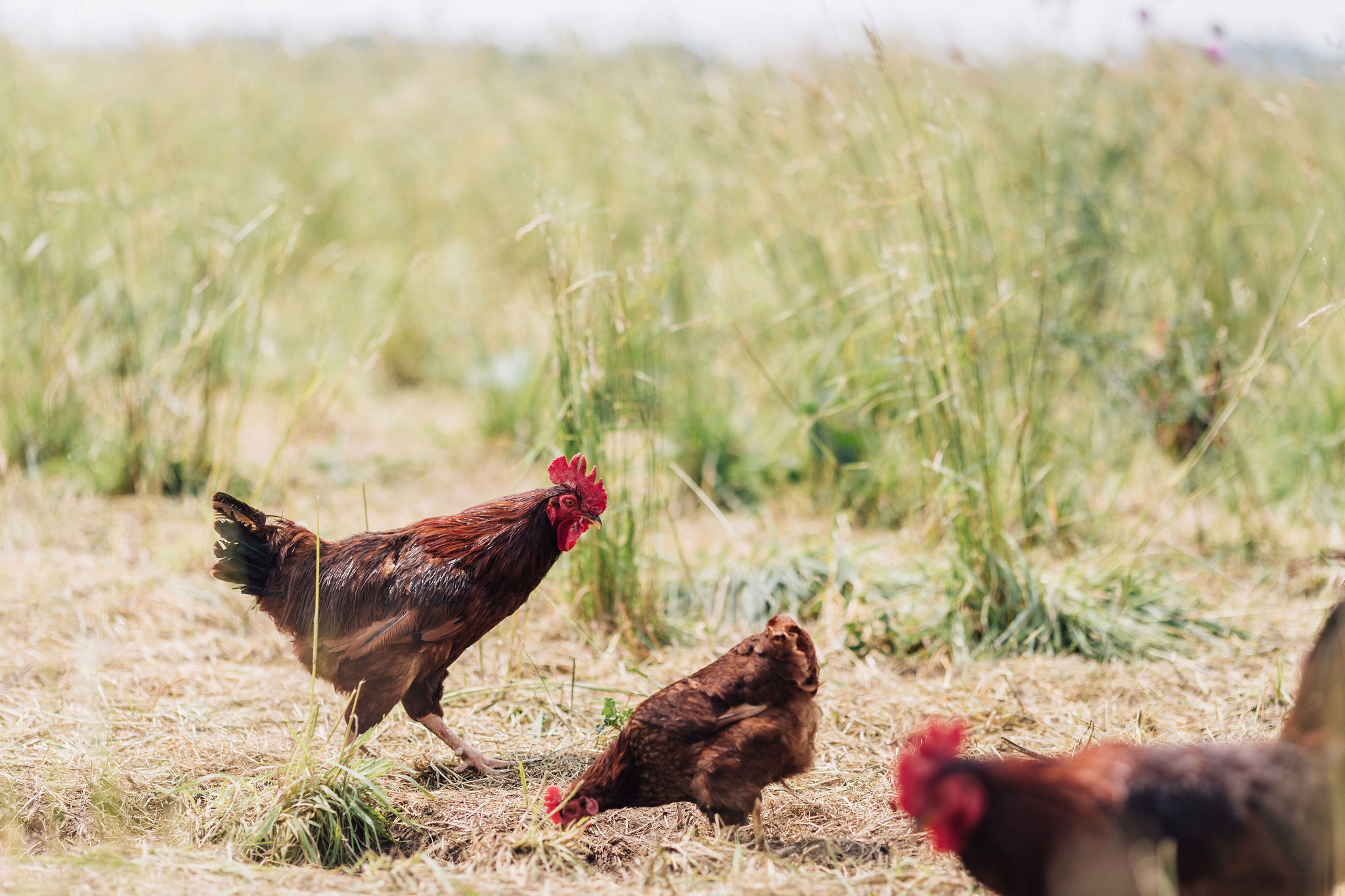5 reasons why you want frozen meat
posted on
April 24, 2020

In America, mainstream consumers want fresh meat. But what’s the big deal with fresh meat? I prefer to purchase my meat frozen. Here’s 5 reasons why.
1 - Frozen meat is often fresher than fresh meat.
OK. I know this is a little confusing. Let’s see if I can shed some light on this.
After a cow is slaughtered, the carcass needs to hang for 10-14 days. This allows the enzymes to increase tenderness. After hanging, it’s butchered.
Now, in a supermarket or butcher shop, the fresh cuts are then put in a case. They sit there until they’re sold. You never know how long they’ve been there. It could be 3-5 days until the meat starts to spoil.
After sitting “fresh” for 3-5 days and not selling, most butchers will then freeze the meat to sell. Now you have old frozen meat. And this is most likely why frozen meat has a bad rep.
On our farm, meat is frozen right after butchering. We call this “fresh frozen”. It’s how farmer Aaron can get you the freshest, highest quality products possible.
2 - Frozen meat is safer than fresh meat.
When meat is kept in a cooler, bacteria and yeast can grow, albeit slowly. The older it gets, the greater the chance for contamination.
Bacteria and yeast cannot grow when frozen. So frozen meat has basically no chance of spoilage.
3 - If frozen and defrosted properly, you get the same quality as fresh meat.
Freezing meat has zero effect on the nutritional impact. But, in certain situations, it can impact the color, taste, and texture.
What happens when you freeze meat is that ice crystals are created. If frozen quickly and evenly like is done on our farm, small ice crystals form. When thawed, there is no damage to the meat. Sure, the meat may not have a vibrant red color when frozen. But, when cooked, the quality (color, texture, and taste) and nutritional value should be basically the same as truly fresh meat.
If frozen unevenly or too slowly, large ice crystals form that can damage the flesh. When defrosted, this would cause the meat to bleed and result in a dryer meat when cooked. But, it’s still just as nutritious.
4 - Frozen meat minimizes food waste.
With frozen meat, a farmer does not need to worry about moving fresh meat inventory too quickly. Most cuts of meat will be good to sell for up to a year in the freezer. This means we don’t throw meat away!
5 - You can always be stocked on meat and plan ahead.
A well stocked pantry (including the freezer) is a sure sign of a budding or experienced home cook. And always having a selection of meat is empowering and inspiring.
According to the USDA, any food kept frozen at 32F will be safe to eat indefinitely. The reasoning behind this is that microorganisms cannot grow at this temperature. It is safe.
Meat can be frozen for up to a year without any noticeable quality degradation. After that, it’s safe to consume, but you may notice a decline in color, taste, or texture.
Your freezer can store about 35 lbs of meat per cubic foot. Even in the smallest of freezers, that’s a lot of meat!
Here are a few tips for handling frozen meat.
- The USDA says that it’s perfectly safe to refreeze meat as long as it’s vacuum sealed and has been kept cold.
- The fastest way to thaw frozen meat is in a bowl of cold water. Alternately, you can also thaw frozen meat in the fridge.
- Once thawed, meat should be kept cold until you use it. Ground meat, stew meat, and poultry should stay good for a day or two in the fridge. Larger cuts of pork and beef should be good for 3-5 days in the fridge.




